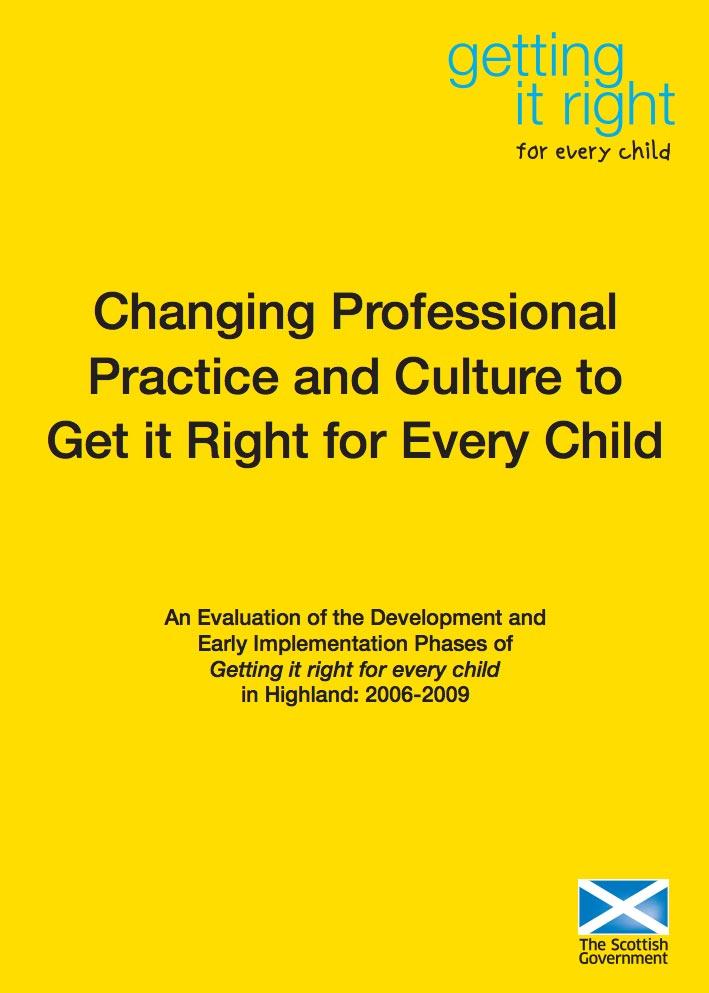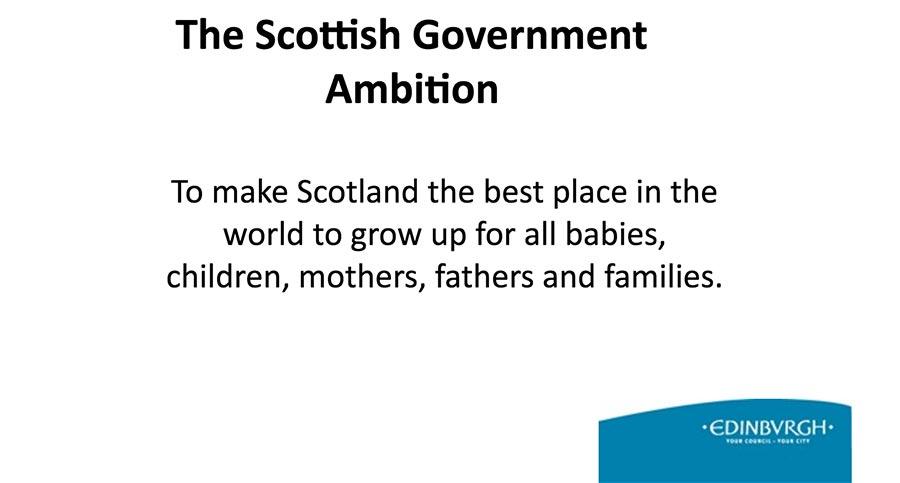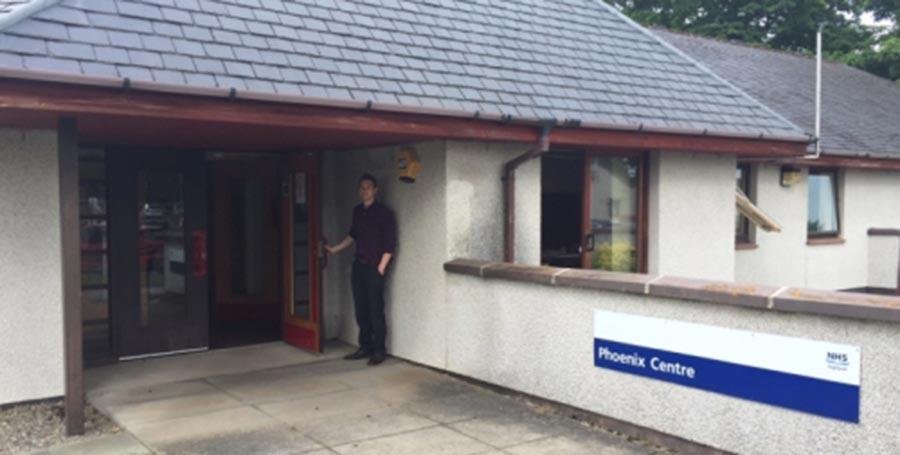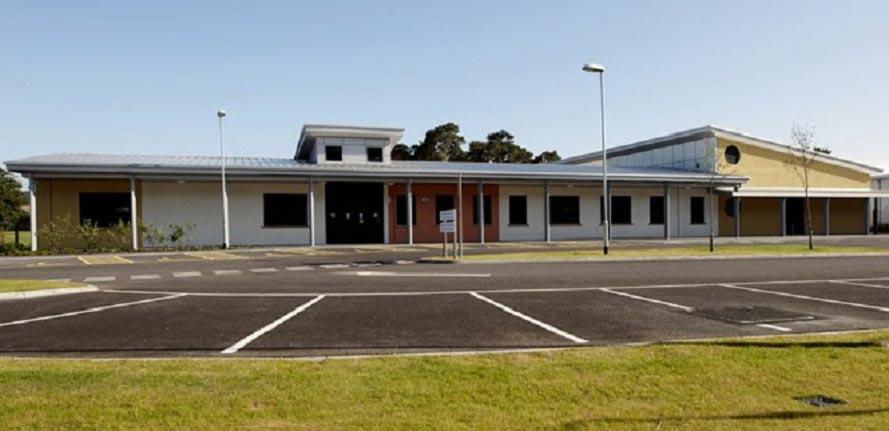
In this system the individual is not the focus, rather the collective, the average, the aggregate. Your child in this is a rounding error, the authorities instead look at a greater good. And of course that greater good needs THEM; they, not your child, become the centre of the system, the indispensable bringers of salvation to the ignorant masses. So be careful, dear listener if you plan to complain, to berate, to challenge, to disagree or to question those who claim to serve your interests. Welcome to the the brave new world of The Highland Council
GIRFEC began in the Highlands in 2006 through the Highland Pathfinder Trial which was established “with a remit to address all aspects of children’s needs from birth through to eighteen and encompassing not only all children’s services but also those other agencies whose work significantly affects the lives of children and their families.”

But for one family in Highland, 2006 was the start of something else - years of anguish and frustration at the hands of Highland Education Department. GIRFEC and the Named Person scheme did not improve their lives or improve outcomes for their autistic son – it certainly did not make “Scotland the best place to grow up.”

Their young autistic son had moved primary schools within the Inverness area in 2005, and at the time of his transfer his carer from his previous school came with him to maintain a sense of continuity. Without notification, consultation or preparation for the child, his carer was removed at the beginning of the 2006/07 academic year in a school within the GIRFEC trial area. The parents only became aware of this when they saw a ‘thank-you’ note to her in the school newsletter. On enquiry by the parents the head teacher then informed them that no allowance had been made for support staff for their son in the school budget and that he, the head teacher, had not been made aware the child would require any – this despite the fact that the child had been transferred with a support worker who had remained with him throughout the 2 previous academic sessions.
Upon removal of his support, the young child began, almost immediately, to experience problems over dressing, concentration, social language, playground bullying and loss of confidence. Added to this, he had no area identified to him as a ‘time-out’ space and indicated feelings of isolation and stress to his mum & dad.
Furthermore, none of the recommendations made by the Occupational Therapist in regards to their autistic son’s needs had been implemented & his record of needs was not adhered to. In addition to the boy’s autism he had also been diagnosed with Developmental Co-Ordination Disorder and had additional physiological problems, yet, even though he had a Record of Needs he was not given a Co-ordinated Support Plan and his Individualised Educational Programme was discontinued without consultation with the parents.
There seemed to be no understanding by the Head teacher, who was also the boy’s Named Person, of his vulnerability due to his autism and other physiological problems and teachers seemed to lack the knowledge and understanding to appropriately support and understand autistic children.
This was further evidenced on one occasion when the vulnerable young child was allowed to leave school unsupervised at the end of the school day when the Mother had specifically said to the school that she would be late and to keep him in school until she could get there. The relationship between the school and the parents continued to deteriorate and when the family approached Mr John Bruce, Senior Education Officer with the Highland Council, for help things became even worse.
The parents felt that every time they approached the authority for help in accessing the services and support their autistic child needed but was not receiving, more harassment and grief came their way. This was certainly not Getting it Right for THEIR Child never mind Every child. They came to be viewed as ‘problem parents’ and were told by the Highland Education Department that they ‘were the worst parents they had ever had to deal with’. Yet the child still was not receiving the support needed and which should have been delivered according to his Occupational Therapist and other health professionals involved in his case. The situation deteriorated to a point where the mother asked the Education Department directly if they could guarantee the safety of her son in school – they replied that they ‘wouldn’t guarantee her child’s safety’.
At this point the parents decided to withdraw their child from school in the interests of his own safety and on legal advice. They were subsequently referred to the Children’s Panel on more than one occasion for not sending their child to school, even though state schooling is not compulsory in Scotland – furthermore, although the child did not go to school the parents did provide their autistic son with appropriate and suitable education provision which actually led to him winning a national UK educational award the week before the family were again referred to the Children’s Reporter by Mr Bill Alexander Director of Care & Learning at The Highland Council over non-attendance at school.

In 2009 Highland agencies and the Scottish Government were marking the successful completion of GIRFEC roll-out across the authority. However, for one family in the GIRFEC trial area of Inverness and its hinterland, 2009 was the start of a horrendous period in their lives where the inability to access a diagnosis of autism for their son meant no access to vital services or the support they needed. It also nearly destroyed their family.
It started when the boy’s mum had concerns around her son’s behaviour, and met with school and the charity Children 1st to discuss these worries.
The mum was told her son’s behaviour was down to her poor parenting; she was told she was not strict enough and then that she was being overly strict. The Mum became frightened to parent.
From here the family were referred to child psychiatry (typically known as Child Adolescent Mental Health Services). The son was diagnosed with an anxiety personality and attachment disorder – however, parents of children with autism told the Mum to consider autism as the cause, but this was dismissed by child psychiatry. A teacher friend of the Mum who worked with Autistic children also advised that there was something in the boy’s behaviour and he should be checked for autism.

The Mum passed this information to the child psychiatrist who wanted the name and contact of the teacher who had told her this – but not to thank them; she was also advised by social work not to look at the autism route. However, the Mum decided to take some action and contacted an Autism group in Edinburgh, paying privately for an Autism Diagnostic Observation Schedule (ADOS) assessment. The results suggested autism but the mum was told that her son should be tested by the NHS in order to have services guaranteed. She passed this assessment to the school.
The Mum was never told about the ‘Named Person’ or about them being the ‘first point of contact’ for families. She had spoken with a very helpful learning support teacher at the school who had told her that once there was an assessment indicating autism, she would help the Mum and son get all the help they needed. But subsequently the Mum could not get past the Guidance Teacher, (the boy’s Named Person) and Deputy Head teacher; access to the helpful Learning Support Teacher was blocked.
Throughout all this the son was being bullied by boys in a different school who were older than him but lived in the same area; the bullying continued over a prolonged period of time – however, the services involved doggedly stuck to blaming the boy’s behavioural problems on issues within the home, problems elsewhere were never questioned, focus was squarely on home and particularly the mother. The bullying became so bad that the boy could not cope and stopped going out, he became a school refuser. Because of this the family were then referred to the Children’s Reporter and had to attend three Panel Hearings. At one Hearing the guidance teacher & Named Person did not attend but sent a fax stating that the ADOS assessment was ‘not worth the paper it was written on’. The guidance teacher corresponded with social work but not the parent, the Mum had to get information second-hand from the social worker.
When the social worker was shown the ADOS assessment, they commented that ‘if you pay for something, you will get what you pay for’.
At the last Children’s Panel Hearing events were leading to the removal of the son to a placement in another authority for children who were school refusers, but crucially without any consideration or accommodation of his autism. Luckily the involvement of the family GP and their acceptance of the ADOS assessment led to a last minute assessment by the NHS who confirmed the autism diagnosis and someone from The Pines autism support centre in Inverness attended the Children’s Panel Hearing to explain about the son’s behaviour in relation to autism which was finally accepted by the Panel.

The son had suicidal tendencies and the Mum feels that if the Children’s Panel had in fact placed him in a facility for school refusers in another authority that he “may not be here today”
The son received limited input even after receiving the NHS diagnosis until he got in to adult services.
The Mum says that Children 1st were no help at all – she felt that she could not trust them and that they were gathering and sharing information on home and family life. They did not say anything to the Children’s Panel in support of the family but backed-up the child psychologist and social work.
It felt like it was all the professionals arrayed against the parent that the professionals stuck together while the parent was viewed as the ‘enemy’.
What is coming through from the experiences families are sharing with us is that the implementation of GIRFEC and the Named Person scheme has not helped families to access services or support but that it has in fact hindered their attempts to get the services their children desperately need. It is the families who are being pro-active in these instances acting at an early stage to address the needs of their children before there is escalation, but meeting in return resistance, suspicion and accusation from Highland Council and its associated agencies.
If your child has autism; has other additional needs or requirements, particularly ones which will have financial implications for the council, have you found your path to assistance barred by officials and by your own special ‘Named Person’?
When you persisted in trying to access the help and support your child needs, did you find yourself facing an army of officials with the focus of fault turned on you and your family?
Have you discovered that your private information was gathered and shared without your knowledge or consent?


